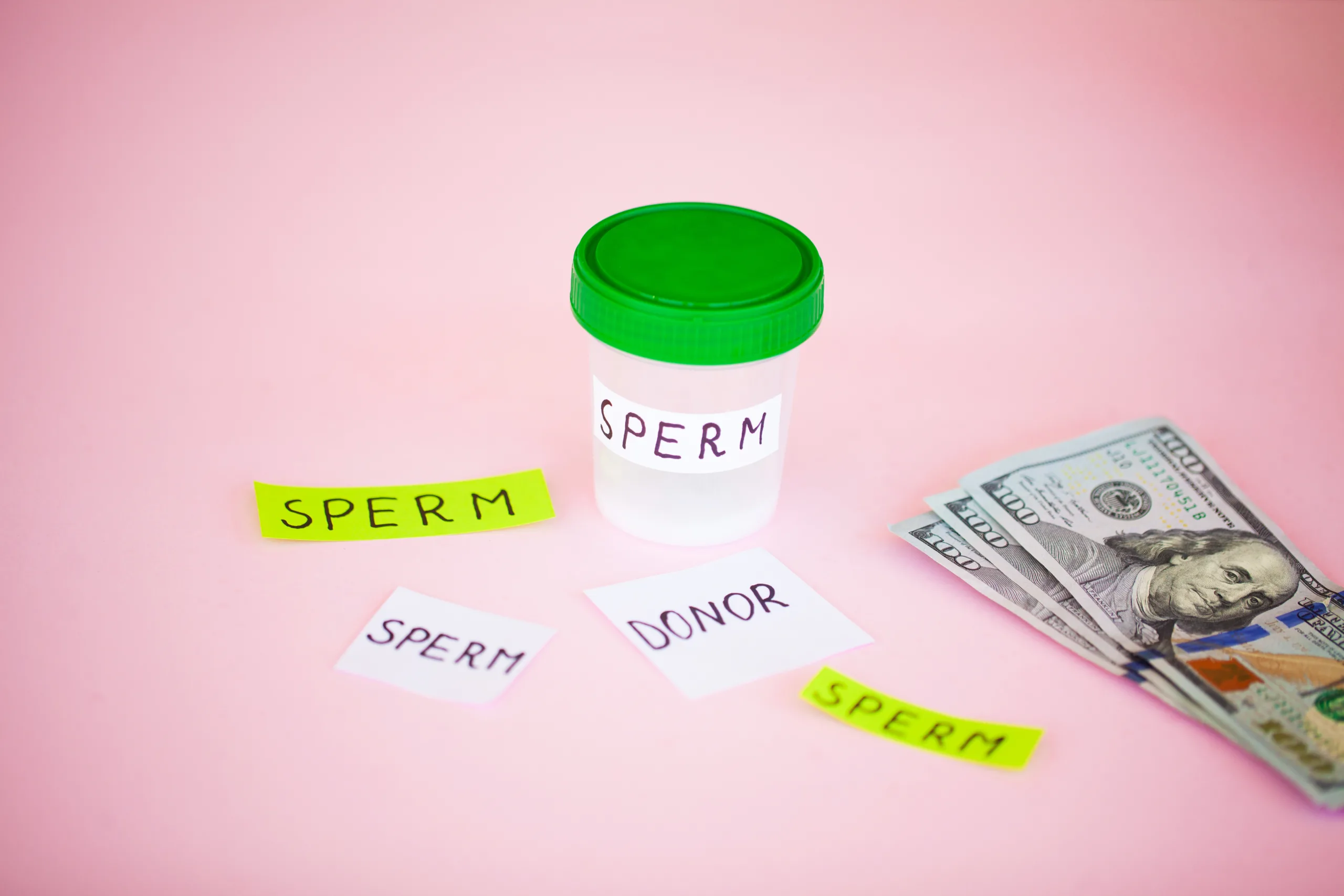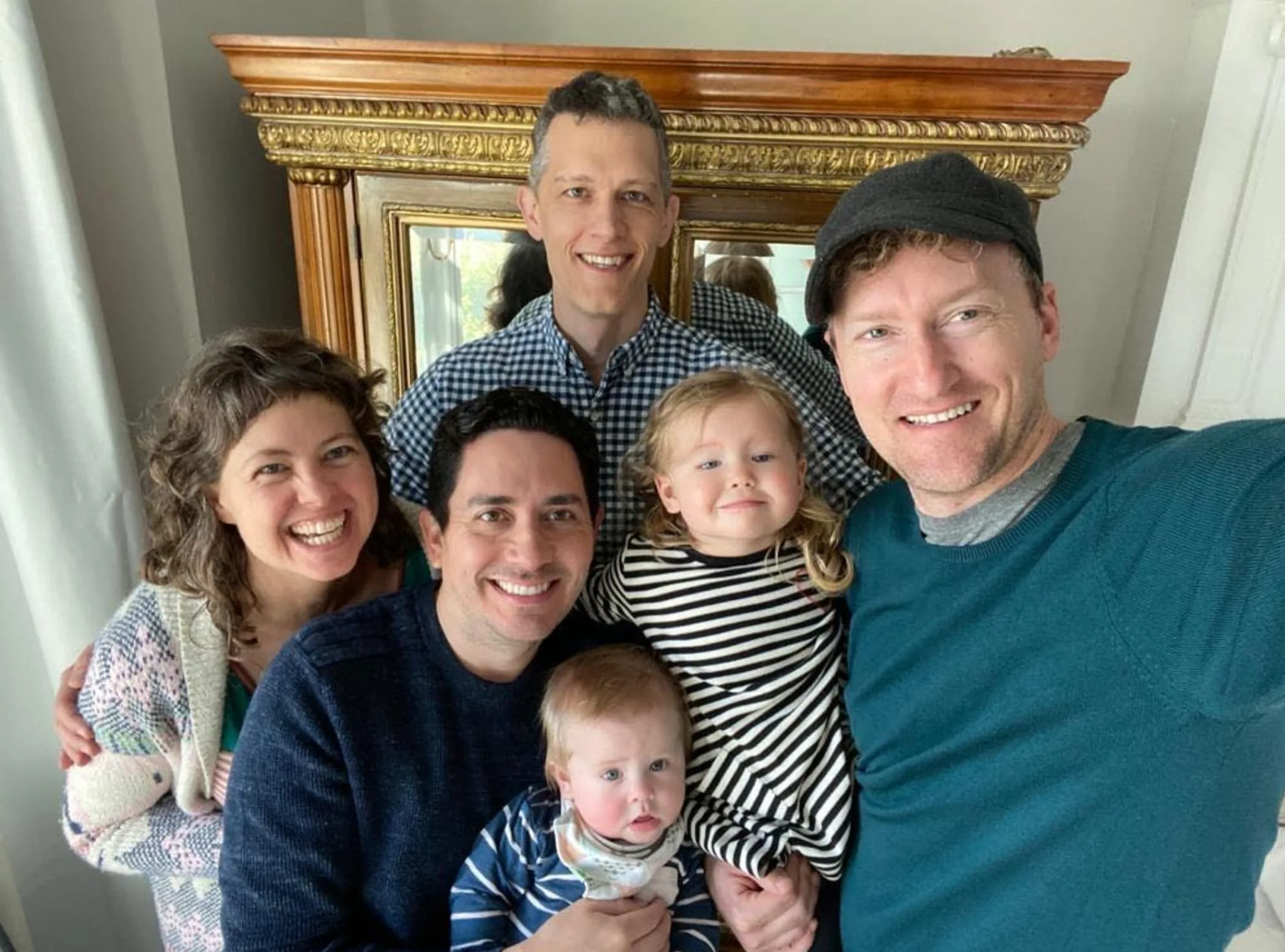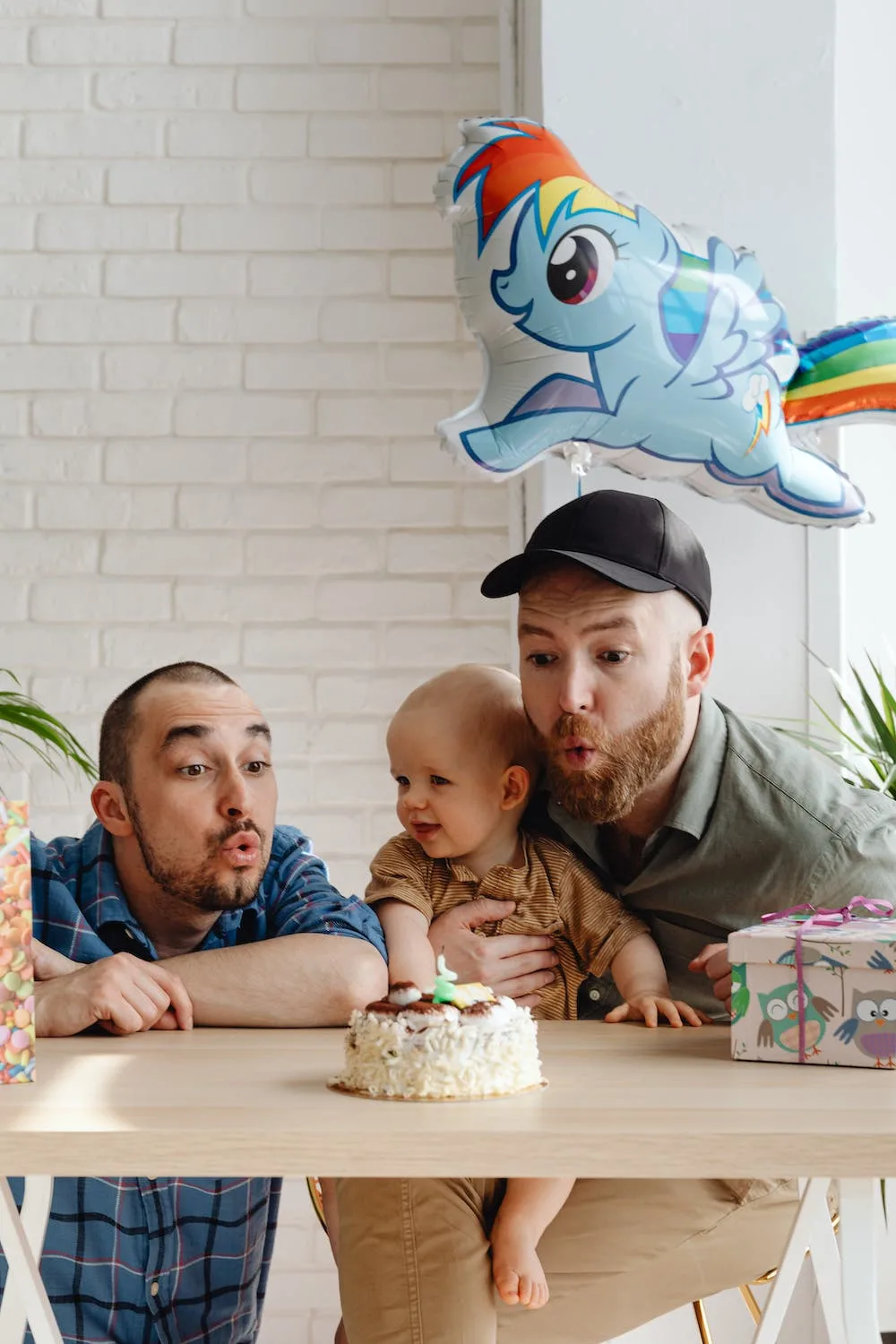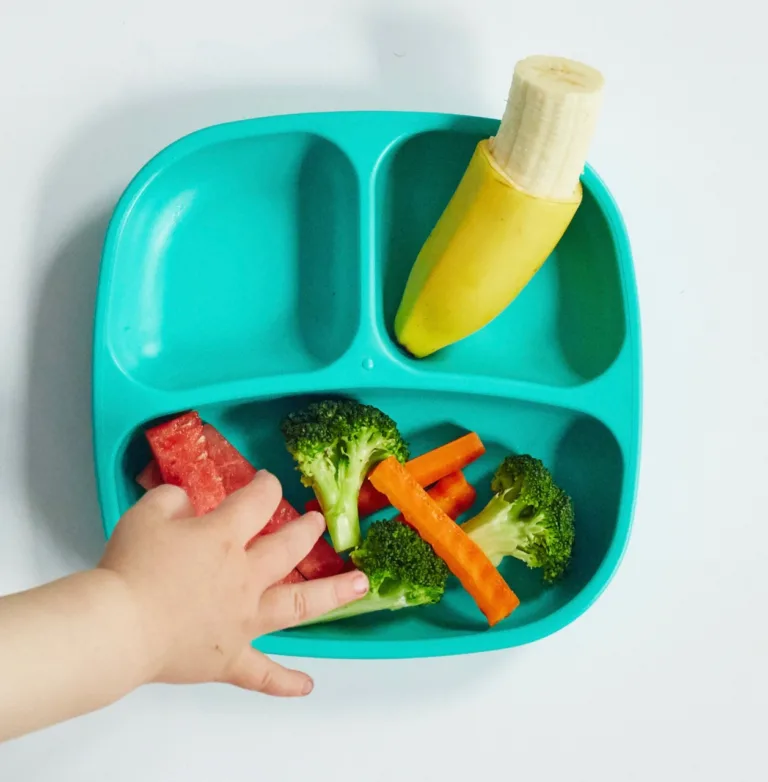LGBTQ Breakthrough 2023: Insemination to Adoption!
Introduction
The journey to building a family can be challenging for LGBTQ individuals due to societal discrimination and reproductive barriers. However, there are various family-building options available, ranging from insemination, gestational carriers, IVF, co-parenting, and adoption. Each option comes with its unique challenges and considerations, including legal and medical risks, financial barriers, and emotional complexities.
To navigate these complexities, it is crucial for LGBTQ individuals to consult with a lawyer who is knowledgeable about local family and reproductive law and consider counseling with an LGBT-friendly therapist before making any decisions.
This article will explore the different family-building options available to LGBTQ individuals, including the considerations and challenges of each approach. By providing an overview of the available options, this article aims to empower LGBTQ individuals to make informed decisions regarding their family-building journey.
Modern Ways to Build a LGBTQ Family
Various modern options are available for LGBTQ access to fertility and family-building, including adoption, co-parenting, foster care, insemination, IVF, and using a gestational carrier. However, it is important to consider various factors such as financial resources, legal considerations, and medical risks when making a decision. For instance, LGBTQ individuals may face surrogacy risks, including legal and medical complications, during the gestational carrier process. It is recommended to consult with a lawyer familiar with local family and reproductive law and choose LGBTQ friendly fertility clinics to reduce the risks.
Adoption and foster care are popular choices for LGBTQ individuals and couples, especially domestic adoption. However, self-matching adoption is also an option where a private agency or individual conducts a home study and the prospective parents use social media, word of mouth, and print advertising to let the world know they are interested in becoming an adoptive parent.

Co-parenting is another option for LGBTQ individuals who want to raise a child with another person, outside the context of marriage, but it is essential to meet with a lawyer prior to taking steps in the process.
Insemination and IVF, with or without a third-party donor, are also options for LGBTQ individuals who want to have a biological connection with their child.
Insemination Considerations
Legal and medical risks must be carefully considered when using donor sperm for insemination. Insemination with a sperm donor may assign parenthood to the male sperm donor if the procedure is done outside of a fertility clinic. This can lead to legal complications and disputes over custody and financial responsibilities. It is important to consult with a lawyer familiar with local family and reproductive law to ensure that all parties involved understand their legal rights and responsibilities.

Additionally, medical risks such as sexually transmitted infections and genetic disorders should be carefully considered. Sperm donors go through rigorous screening and medical testing, but there is still a small chance of transmission of infections or genetic disorders. Insemination at home with a friend or known donor may also pose medical risks, as there may not be proper medical supervision or testing.
It is essential to carefully weigh the legal and medical risks before proceeding with insemination using donor sperm.
Gestational Carrier Costs
The cost of using a gestational carrier for LGBTQ individuals or couples can be a significant barrier, ranging from $70,000 to $150,000, which may limit access to this option for some prospective parents. This cost includes compensation for the gestational carrier, as well as medical expenses, legal fees, and other associated costs.
While some insurance policies may cover aspects of the process, such as prenatal care and delivery, many do not cover the cost of IVF or other fertility treatments.
Finding a gestational carrier can also be a challenge, as it requires finding someone willing to carry a child for someone else. This can be done through a fertility clinic or agency, or through personal connections or online communities.
It is important to thoroughly vet potential carriers and establish a clear legal agreement outlining the rights and responsibilities of all parties involved.
Despite the cost and challenges, using a gestational carrier can be a viable option for LGBTQ individuals and couples who wish to have a genetically related child.
Co-Parenting Legalities
Co-parenting arrangements involve multiple intended parents and can be complex due to varying legalities depending on location. In a co-parenting situation, assuming there are no fertility problems, the egg donor, sperm donor, and gestational carrier are all intended parents. However, the legalities of co-parenting are complex and will vary depending on where one lives.
Entering into a co-parenting relationship is a huge decision, and counseling with an LGBT-friendly therapist and someone familiar with the concept of co-parenting is highly recommended. It is important to meet with a lawyer prior to taking steps to have a baby with a co-parent(s). Legal agreements should be made and carefully considered in third-party reproduction, and counseling is essential for co-parenting arrangements.
Co-parenting is not the same as a “known” gestational carrier or donor situation. It involves complex legal considerations, and it is important to work with professionals who are experienced in LGBT family law. Counseling can help co-parents navigate the emotional and practical complexities of raising a child together.
Legal agreements should be made to ensure that all intended parents have legal rights and responsibilities. With careful planning and the help of experienced professionals, co-parenting can provide a fulfilling and rewarding path to parenthood for LGBT individuals and couples.
Adoption and Foster Care
Domestic adoption and foster care are viable paths to parenthood for individuals and couples who identify as LGBTQ. Domestic adoption involves adopting a child from within one’s own country and can be a good option for LGBT couples since many international adoption agencies discriminate against them. However, LGBT individuals may face legal hurdles and discrimination depending on where they live.
Self-matching adoption is another option where a private agency or individual conducts a home study, and the prospective parents use social media or print advertising to find a child to adopt.

Foster care parenting is another option for LGBT singles and couples to parent a child. Foster care parenting involves caring for a child temporarily, with no intention of adoption. The goal is to eventually reunite the child with their original parent(s) after they get past difficult times. However, foster care parenting can be challenging, as foster children may have experienced neglect or abuse, and the process of reunification can be emotional.
LGBT individuals may also face challenges in the foster care system, including discrimination from social workers or other foster parents. However, many LGBT individuals have positive experiences as foster parents and can provide a loving home for children in need.
Other Issues: Taking Testosterone While Pregnant
Taking testosterone during pregnancy can have serious implications for the development of your baby. Therefore, it is important to consider the risks and implications of taking testosterone before, during, and after pregnancy.
If you are currently taking testosterone and plan on getting pregnant, it’s essential to speak with your doctor. They will be able to provide you with information about the potential risks and help you make an informed decision about whether to continue taking testosterone or not.
It’s also important to be aware that stopping testosterone could cause changes in your body shape and may trigger gender dysphoria. However, it’s crucial to prioritize your well-being during this time and seek out mental health support if needed.
In summary, taking testosterone during pregnancy can have serious consequences, and it’s essential to make informed decisions about your healthcare. If you’re considering taking testosterone while pregnant, it’s important to speak with your doctor and prioritize your well-being during this period.
Frequently Asked Questions
What is the full form of LGBTQ?
LGBTQ+ is an acronym that represents the lesbian, gay, bisexual, transgender, queer/questioning community. The acronym includes “L” for lesbian, “G” for gay, “B” for bisexual, “T” for transgender, and “Q” for queer/questioning. The “+” represents other identities and orientations within the community.
How do you introduce LGBTQ to children?
It’s important for parents that introducing LGBTQ to children requires continuous conversations about gender identity and sexual orientation throughout their development. This ongoing discussion can help to normalize and validate different identities and orientations, while also ensuring that children feel supported and accepted.
When discussing these topics with children, it is important to use age-appropriate language and information. One helpful resource may be children’s books or videos that address these issues in a way that is accessible and engaging for young audiences. By using media that is tailored to their age group, parents can help their children to better understand and accept diverse identities and orientations.
Additionally, parents can look for opportunities to incorporate these discussions into everyday life experiences. For example, if a child sees a same-sex couple in public, parents can use this as an opportunity to discuss different types of relationships and families. By making these topics a regular part of conversation, parents can help to create a more inclusive and accepting environment for their children.
What does the 2 in LGBTQ2 mean?
Two-Spirit is a term used to describe Indigenous people who identify as having both male and female spirits, considered to be a sacred and integral part of Indigenous culture and spirituality. Historically, Two-Spirit people were highly respected and had important roles within their communities. However, colonization and forced assimilation have led to the erasure of Two-Spirit identities. There has been a recent resurgence in acknowledging and celebrating Two-Spirit people within Indigenous communities, and it’s important to recognize and support them, as well as educate ourselves on their experiences and challenges. This creates a more inclusive and understanding society for all members of the LGBTQ2+ community.
What is the IVF treatment for LGBTQ?
Reciprocal or Partner IVF is an assisted reproductive technology that allows both partners to participate in creating their child, particularly ideal for same-sex couples. One partner undergoes ovarian stimulation and egg retrieval, while the other carries the pregnancy to term. Donated sperm is used, and donor eggs can be used if necessary. Couples should seek the advice of a fertility specialist to determine if this method is suitable for them.
What is the cheapest way to have a baby LGBTQ?
The cheapest way to have a baby LGBTQ is to have a donor’s sperm. Donor insemination and IVF are two options for couples experiencing fertility issues. Donor insemination involves using donor sperm to fertilize a woman’s egg, while IVF creates embryos outside of the body and implants them into the uterus. IVF can be more effective, but is more complex and expensive, while donor insemination is simpler and less expensive. Couples should consult a fertility specialist to determine the best option for them.







